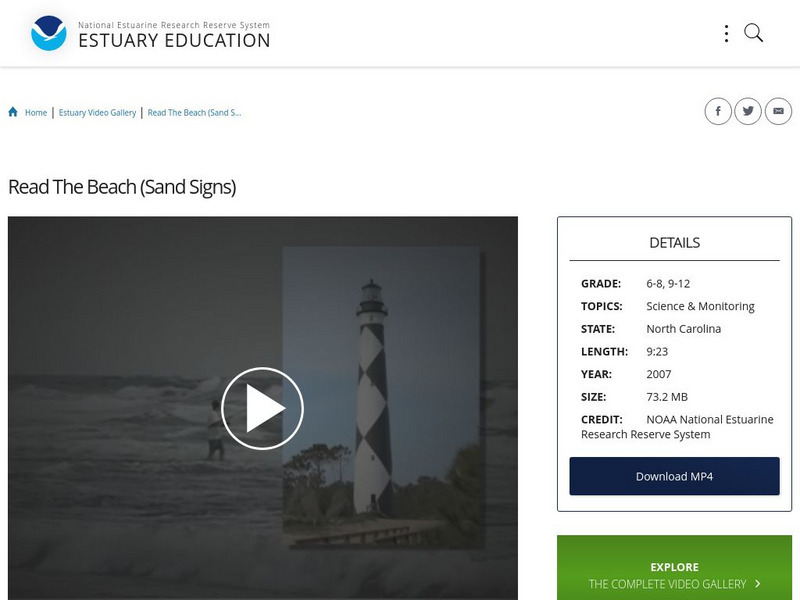Curated Video
#8 How to Make Inferences While You Read (Reading Comprehension)
In this video, I teach you how to make inferences while you read. A lot of times, the author doesn't tell us directly what is happening so we have to make inferences. I teach a simple and easy process to help you understand what you are...
Curated Video
More Practice Making Inferences {Comprehension: Inferring}
Part 2 gives practice to how to infer using clues from the book and what's in our brain. PART 1 INFERENCES: • Making Inferences {Comprehension: Inf...
Clarendon Learning
What is an Inference? | Making Inferences for Kids | Inference and Reading Comprehension Practice
What is an Inference? Making an inference simply means to use what you already know to make a guess about something that you don’t know. It is a very important reading comprehension skill and throughout this video we help your kids and...
Curated Video
Using the Ladder of Inference
From our free online course, “Introduction to Data Wise: A Collaborative Process to Improve Learning & Teaching”:...
Language Tree
Collaborative Listening and Speaking: Reading and Viewing Closely, Part 1
This video teaches English learners how to breaking down presentations and / or passages to pinpoint the main idea, details, similarities and differences to gain deeper understanding. It also shows how to identify the concept of cause...
Language Tree
Getting the attention of a deaf person (ASL tips)
American Sign Language (ASL) is one of the fastest growing languages today. ASL is the primary language of the Deaf community and schools for the Deaf in the United States and Canada. After watching this video your child will learn more...
Cerebellum
English Punctuation: Dependent Clauses and Commas continued
Learn how to use commas for fun and profit, and how to make colons work for you. We continue looking at pauses in a sentence, with a focus on dependent clauses and how to support them. This is part 1 in the series: 'English Punctuation...
Curated Video
Drawing Conclusion
Drawing Conclusions teaches how to use clues from informational text to draw conclusions.
Curated Video
Understanding The Impact Of Digital Footprints
Students learn about digital footprints and meet ELA Common Core State Standards by analyzing online profiles to make inferences about how different audiences might interpret them. Students learn how to analyze a text, present an...
Curated Video
The Good And Bad Of Using Different Online Personas
Students meet ELA Common Core State Standards by making inferences about whether playing with identity online is harmful or harmless. Students learn to read a text closely, analyze details of how characters interact in a text, and draw...
Schooling Online
Powering Through Prose: George Orwell, 1984 - Theme of Individuality and Identity
What makes you, you? This lesson explores the theme of individuality and identity in George Orwell’s ‘1984’. Learn about the precious link between Winston’s memories and his identity. Watch out for the forces that threaten Winston’s...
Institute for New Economic Thinking
Paul Davidson - Keynes's Forgotten Lessons 1/4
In the first part of this four-part INET "From the Director's Chair" interview, INET Executive Director Robert Johnson talks with Journal of Post Keynesian Economics co-founder Paul Davidson about Davidson's book The Keynes Solution: The...
Curated Video
Examining Theme
Theme explores the concept of theme by defining examples of themes commonly found in literature.
Teaching Channel
Building Analysis Skills Through Art
Useful teaching strategies abound in this inspirational, informative video! Walk step by step through one teacher's two-part lesson in her special education/ELL class as they develop text analysis skills by first beginning with...
NOAA
Noaa: Estuary Education: Read the Beach (Sand Signs)
A scientist teaches students how to gather evidence and make scientific inferences about the beach just by looking at the sand. [9:23]
Other popular searches
- Teaching Inference Skills
- Teaching Inference Reading
- Teaching Inference Implicit
- Teaching Inference 2nd
- Teaching Inference +Reading






